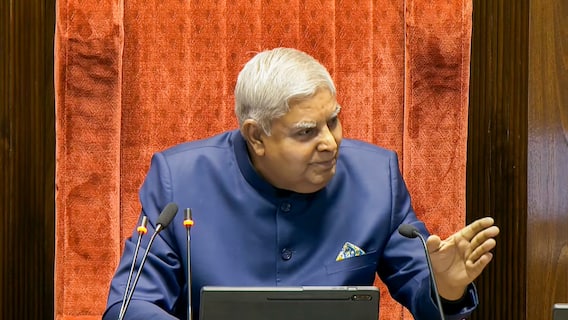'Will Judge You By Your Actions': UK PM Rishi Sunak As Taliban Bans Women From Universities
Prime Minister of the UK Rishi Sunak has slammed the Taliban for its ban on women's education and warned them that the world will judge it based on its actions.

UK Prime Minister Rishi Sunak on Wednesday called the Taliban ban on women’s university and secondary education a “grave step backwards”. He said that the world is watching and the Taliban will be judged by their actions.
“As a father to daughters, I cannot imagine a world in which they’re denied an education. The women of Afghanistan have so much to offer. Denying them access to university is a grave step backwards. The world is watching. We will judge the Taliban by their actions,” Rishi Sunak tweeted.
In a new diktat on Tuesday, the Taliban banned women from attaining university education. Earlier it had closed secondary school education for women.
Soon after the ban, the spokesperson for the United States Department of State Ned Price said: “The US condemns, the Taliban’s indefensible decision to ban women from universities, to keep secondary schools closed to girls, and to continue to impose other restrictions on women and girls in Afghanistan to exercise their human rights and fundamental freedoms.”
On Wednesday, the Taliban ordered judges in Afghanistan to fully impose their interpretation of the Sharia law, including potential public executions, amputations, and flogging, according to a report by CNN. Taliban spokesperson Zabihullah Mujahid said Afghanistan’s Supreme Leader Alaiqadar Amirul Momineen made the “obligatory” command after meeting with judges to “investigate the cases of thieves, kidnappers, and seditionists,” as reported by CNN. “Those cases that have met all the Shariah conditions of limitation and retribution, you are obliged to issue the limitation and retribution, because this is the order of the Sharia… and it is obligatory to act,” Mujahid tweeted Sunday.
The Taliban’s hardline implementation of the doctrine when the group was last in power from 1996 to 2001 included violent punishments, such as public executions, stoning, floggings, and amputations.
Women in Afghanistan can no longer work in most sectors and require a male guardian for long-distance travel, while girls have been barred from returning to secondary school. Last week, women were stopped from entering amusement parks in the capital Kabul after the Taliban’s morality ministry said women’s access to public parks would be restricted.
Trending News
Top Headlines






































